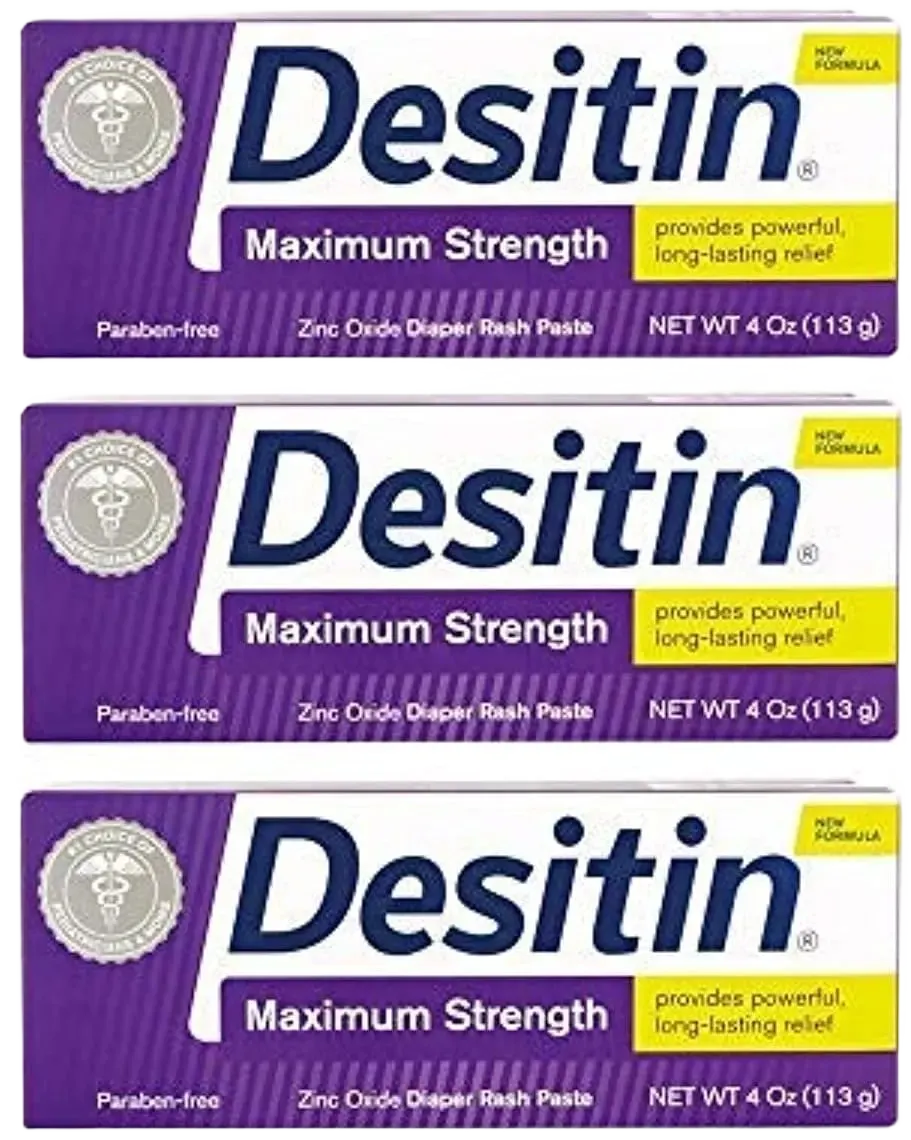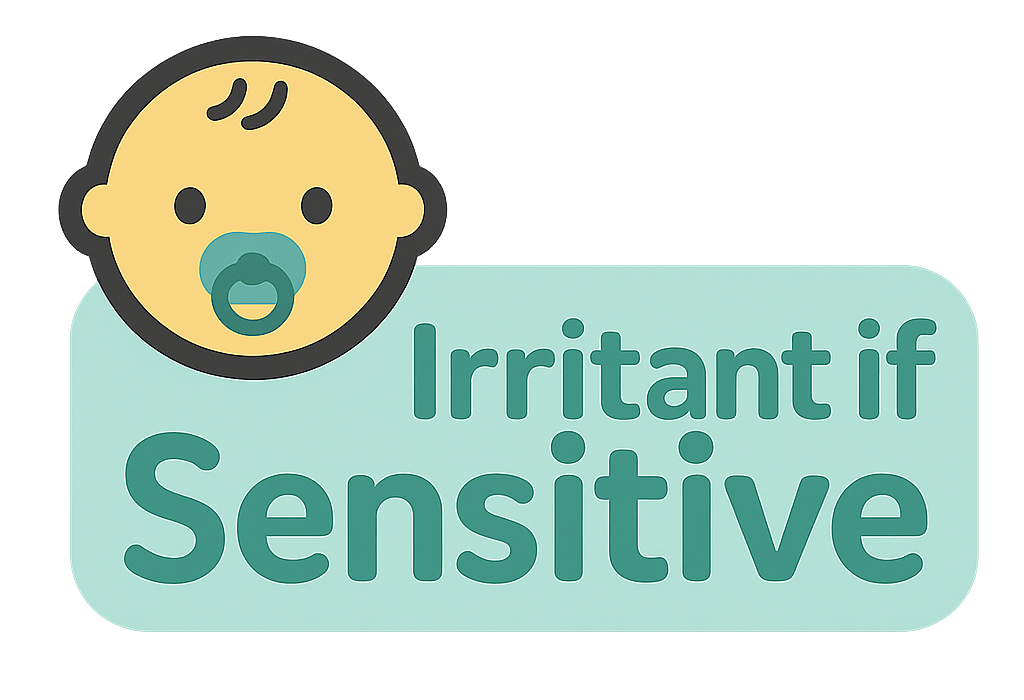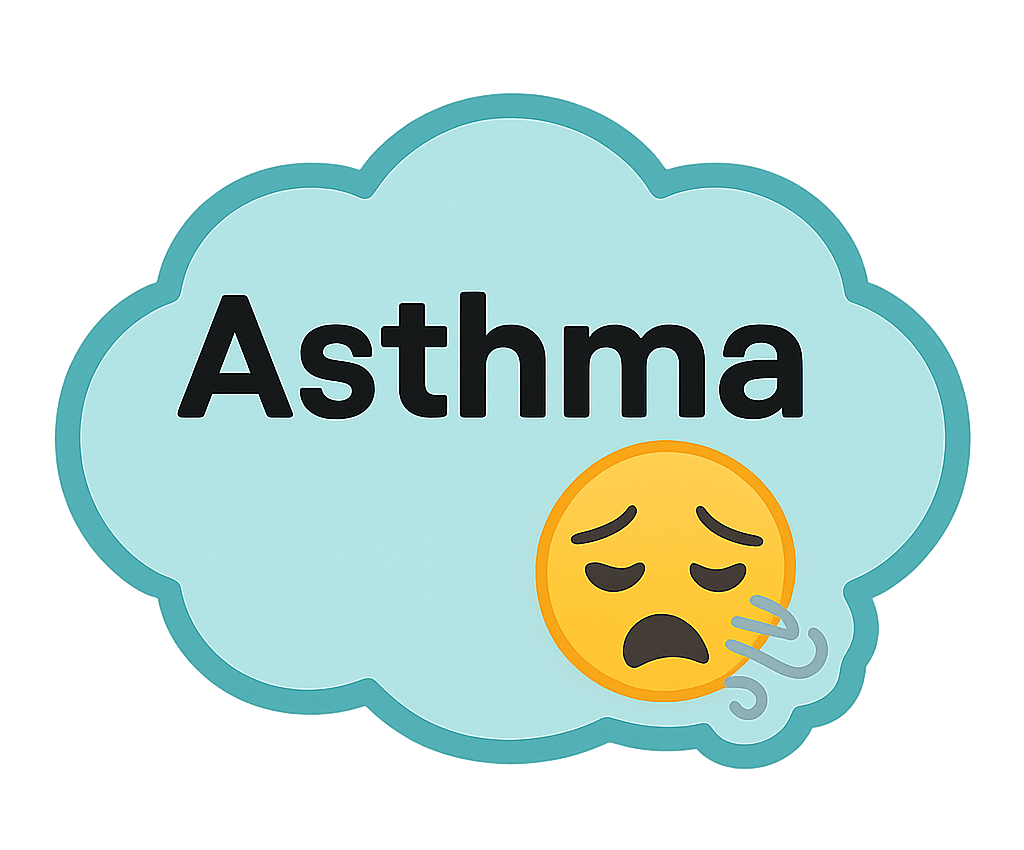Desitin Maximum Strength
skin protectant & rash ointment • For 2-5 year old children • Skin contact 🧴
Product Images
Product Photo

Tap to enlarge
Ingredient List

Tap to enlarge
Safe for preschoolers to use Desitin Maximum Strength?
Check for Different Age (6 available)
Ingredients Analysis (10 found)
















Common Questions About Desitin Maximum Strength
Preschooler-safe? Desitin Maximum Strength
Desitin Maximum Strength is not recommended for 2-5 year old children due to potentially harmful ingredients.
What ingredients should I watch out for?
We analyzed 10 ingredients in Desitin Maximum Strength. 1 concerning, 1 caution. Check the detailed analysis above for specific concerns.
Is this suitable for preschoolers to using skin protectant & rash ointment?
The appropriate age depends on the specific ingredients. This analysis is for 2-5 year old children. Use the age selector above to check other ages.
⚠️ Important Disclaimers
Product Recognition: Product names are identified programatically and may be incorrect. Always verify product identity yourself.
Safety Analysis: Evaluations are for research only - consult pediatricians for medical decisions. Do not rely solely on this analysis.
No Guarantees: Results may be incomplete or inaccurate. Do not rely solely on this analysis.